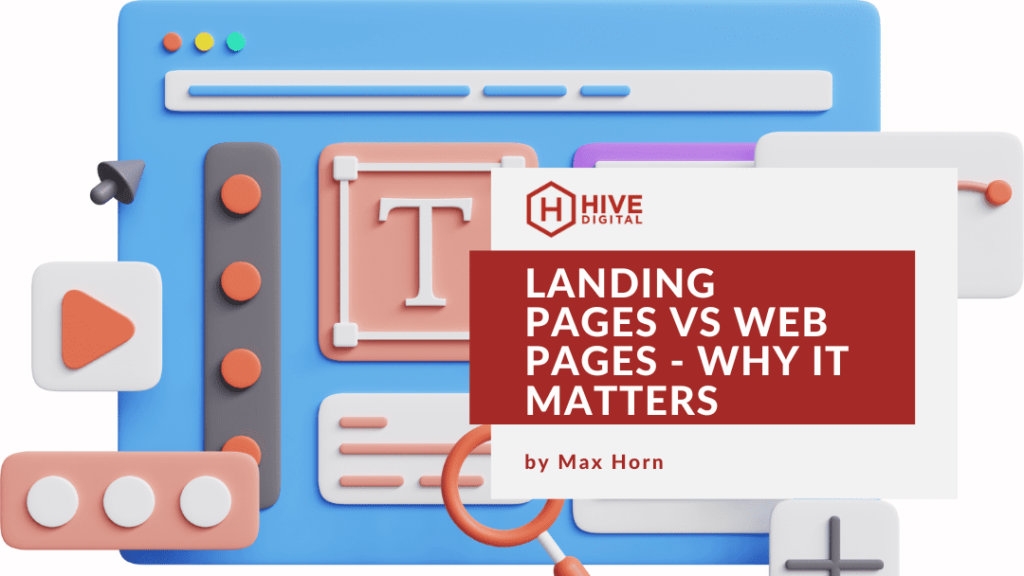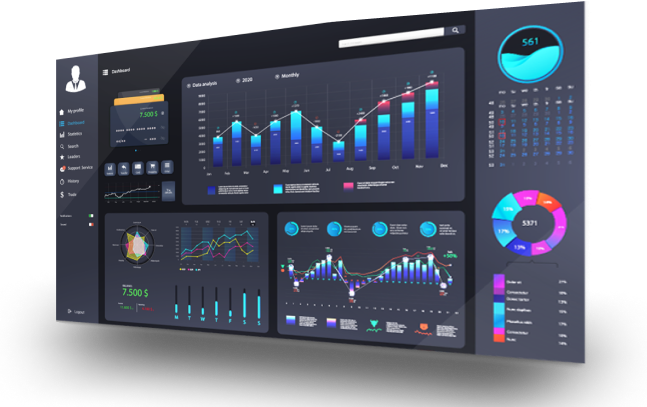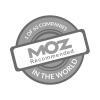Landing Pages vs. Web Pages – Why It Matters
When it comes to online marketing, it’s important to understand the difference between a landing page and a web page. While both serve important functions, they have distinct purposes and designs that affect user behavior on the site. Understanding the key differences between landing pages and web pages can help businesses optimize their online marketing and achieve better results.
Landing pages are usually used as part of a digital marketing campaign, such as a pay-per-click (PPC) advertising campaign, email marketing, or social media marketing. The goal is to maximize the conversion rate of the traffic that comes to it by providing a highly targeted and persuasive message that aligns with the user’s intent. It should be designed to be visually appealing and easy to navigate.
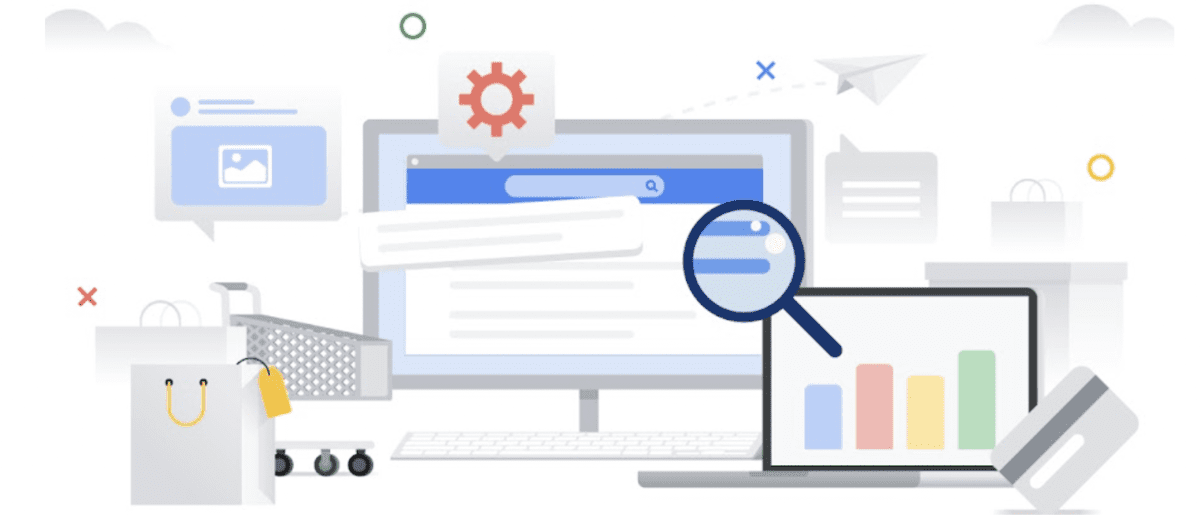
Key elements that make a landing page effective:
- Clear and concise headline: Captivate attention and clearly communicate the message
- Engaging visuals: Use only high-quality images or videos
- Persuasive copy: The copy should be written in a way that communicates the value to the visitor
- Simple and focused design: The landing page should have a clean and simple design that focuses on the call-to-action.
- Strong call-to-action: The call-to-action (CTA) should be prominent and guide the desired action, such as filling out a form, making a purchase, or signing up for a trial.
- Social proof: Use customer testimonials or reviews. This can help to build trust and credibility with visitors.
- Mobile optimization: Optimize for mobile devices and ensure a good user experience
Unlike a homepage or a generic webpage, a landing page is focused on a specific offer or product and has a clear call to action. When someone clicks on your ad (via Google, Instagram, Facebook, Youtube, etc.) they are directed to a url link, also known as the landing page. They can be used to test and optimize different elements such as headlines, images, or call-to-actions, to find the combination that resonates best with your audience. Effective landing pages are usually tested and optimized to improve their conversion rates over time. This allows you to constantly improve your marketing campaigns and achieve better results.
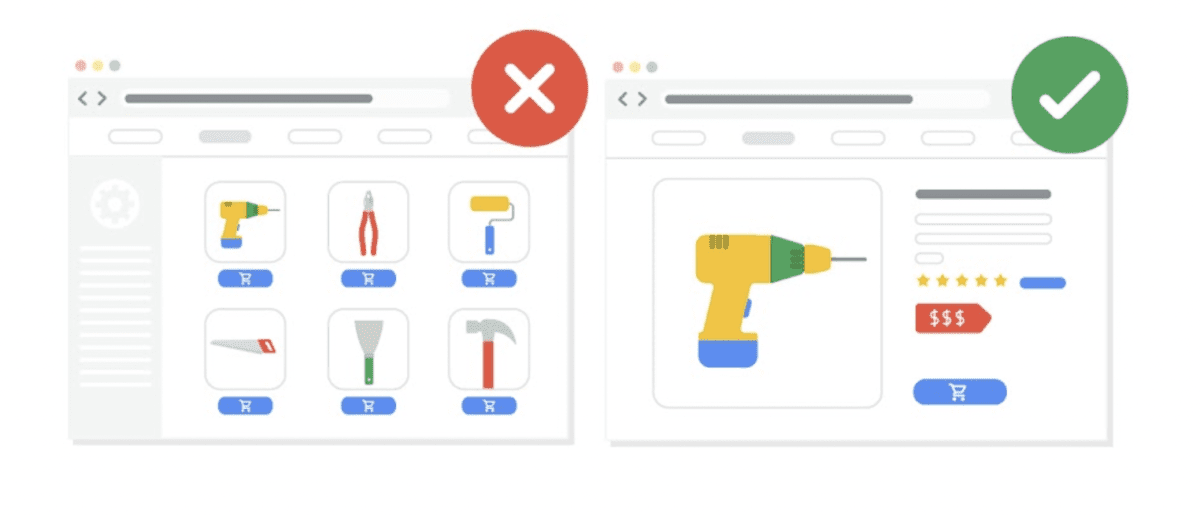
While both landing pages and web pages have their own unique purposes and advantages, they serve different functions in the online marketing landscape. Landing pages are specifically designed to convert visitors into leads or customers, while websites provide a broad range of information about a business or organization. By understanding the strengths and limitations of both, businesses can tailor their online marketing strategies to meet their specific goals. Whether you’re looking to generate more leads, increase sales, or build brand awareness, using landing pages and websites into your digital marketing efforts can help you achieve your goals and grow your business.

